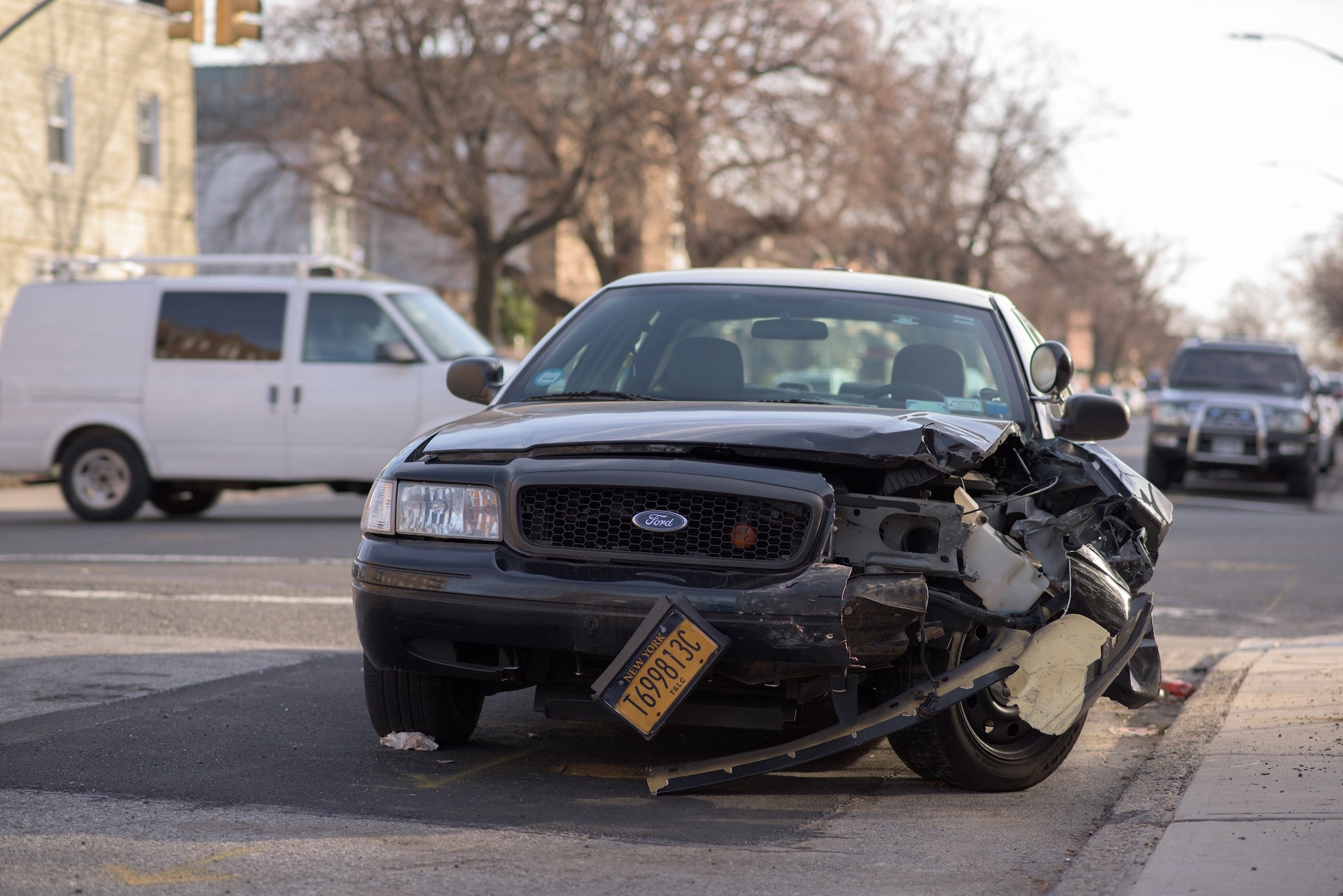In Boston’s busy streets, car crashes happen often. Sometimes, they hurt more than just the outside. One hidden hurt is when the brain gets injured – this is called a traumatic brain injury or TBI. Traumatic brain injuries occur when a sudden impact or jolt to the head causes damage to the brain, leading to a range of physical, cognitive, and emotional impairments.
Even if you can’t see it, a traumatic brain injury can change someone’s life dramatically. But in Boston, there’s a way to find legal help if this happens to you or someone you know. We’re here to guide you through this legal process and show how Boston’s legal system can bring help and hope after a TBI from a car crash.
How Car Accidents Cause Traumatic Brain Injuries?
Car accidents are a common cause of traumatic brain injuries due to the sudden deceleration, impact, and potential for head trauma during collisions. Even seemingly minor accidents can result in TBIs, as the force involved can cause the brain to move within the skull, leading to various forms of damage. Common mechanisms of brain injury in car accidents include:
- Whiplash-Induced Injuries: Rear-end collisions can cause the head to snap forward and then backward suddenly, leading to whiplash. This motion can result in brain injuries due to the brain’s movement within the skull.
- Impact Trauma: Direct impact to the head, such as hitting the steering wheel or window, can cause significant brain damage. The force of impact can lead to contusions, lacerations, and intracranial bleeding.
- Acceleration-Deceleration Injuries: Sudden changes in speed during a car accident can cause the brain to move forcefully within the skull. This can lead to shear forces that damage delicate brain tissue.
- Penetrating Injuries: Sharp objects within the car or debris from the accident can penetrate the skull and directly damage the brain tissue.
Legal Recourse for TBI Victims in Boston
When a traumatic brain injury occurs as the result of a car accident, victims may be entitled to legal recourse to obtain compensation for their injuries, medical expenses, lost wages, and emotional suffering. Navigating the legal landscape can be complex, and seeking experienced legal representation is crucial. In Boston, several legal avenues are available to TBI victims:
- Personal Injury Claims: Personal injury claims can be filed against the party or parties responsible for the car accident. To succeed in such a claim, the victim’s legal team must demonstrate that the other party’s negligence or recklessness led to the accident and subsequent TBI.
- No-Fault Insurance Claims: Massachusetts follows a no-fault insurance system, requiring individuals injured in car accidents to first seek compensation from their own insurance provider, regardless of fault. However, if medical expenses exceed a certain threshold or the injury is deemed serious, the victim may step outside the no-fault system and file a lawsuit against the at-fault party.
- Product Liability Claims: In some cases, a traumatic brain injury might result from a defect in the car itself, such as a faulty airbag or seatbelt. In such instances, the injured party might have grounds for a product liability claim against the manufacturer.
- Wrongful Death Claims: Tragically, severe TBIs can result in the death of the victim. In such cases, the family of the deceased may pursue a wrongful death claim against the responsible party to seek compensation for their loss.
Proving Traumatic Brain Injuries in Legal Cases
Proving the extent and impact of a traumatic brain injury is often a complex process, requiring medical expertise and legal acumen. TBI cases involve gathering evidence such as medical records, imaging studies, expert testimony, and witness statements to establish:
- Causation: Linking the TBI to the car accident and demonstrating how the accident directly caused or worsened the brain injury.
- Damages: Establishing the full extent of the physical, cognitive, emotional, and financial damages suffered by the victim as a result of the TBI.
- Negligence: Showing that the at-fault party’s negligence, whether through reckless driving, drunk driving, or other forms of negligence, led to the accident and subsequent TBI.
Statute of Limitations
It’s important for TBI victims to be aware of the statute of limitations, which is the timeframe within which a legal claim may be filed.
In Massachusetts, the statute of limitations for personal injury claims is generally three years from the date of the accident. However, consulting with a car accident lawyer in Boston early on is recommended, as there can be exceptions and nuances depending on the circumstances of the case.
The Role of Car Accident Lawyer in Boston
Dealing with the aftermath of a traumatic brain injury is daunting, and pursuing legal recourse can be overwhelming for victims and their families.
Engaging the services of an experienced car accident attorney is essential to navigate the legal complexities, build a strong case, and secure the compensation that victims deserve.
An attorney will ensure that all deadlines are met, evidence is preserved, and the victim’s rights are protected throughout the legal process.
Conclusion
Traumatic brain injuries resulting from car accidents can have profound and lasting effects on victims and their families. Understanding the legal avenues available for seeking compensation and justice is crucial in the aftermath of such injuries.
In Boston, victims of TBIs have options for pursuing legal recourse, including personal injury claims, no-fault insurance claims, and product liability claims. Proving the connection between the TBI and the car accident requires a careful and thorough presentation of evidence.
With the guidance of experienced legal representation, TBI victims can navigate the legal system and work towards securing the compensation they need to rebuild their lives.







